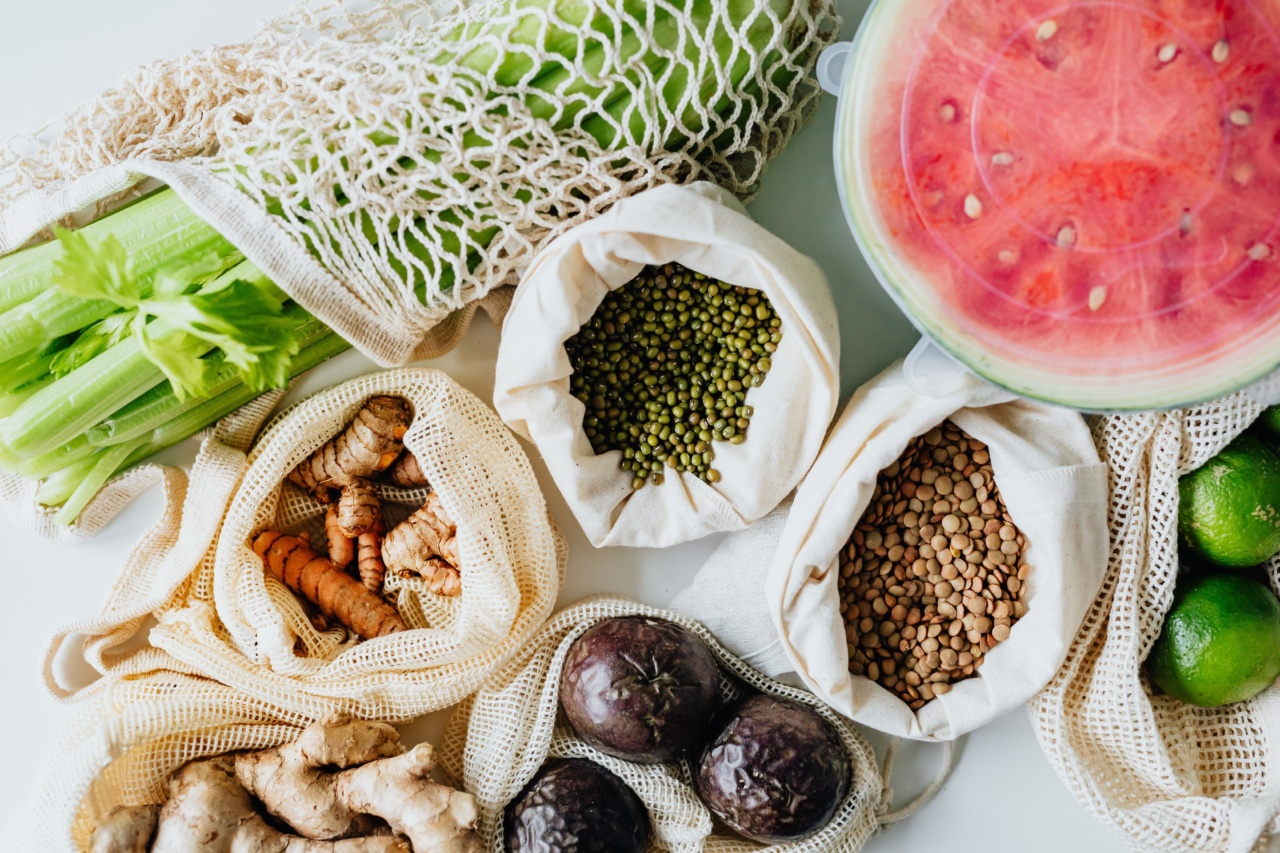Seeds are often overlooked as a healthy addition to your diet. However, they are not only a great source of vitamins and minerals, but also offer various health benefits that won’t disappoint.
From chia seeds to hemp seeds, here are 10 nutritious seeds you should consider adding to your meals.
1. Chia Seeds
Chia seeds are one of the best-known seeds among all the healthy options, and with good reason. These small black and white seeds are packed with omega-3 fatty acids, fiber, protein, and various antioxidants.
In fact, just one tablespoon of chia seeds contains 5 grams of fiber and 2.4 grams of omega-3s. Additionally, chia seeds can help you feel fuller for longer periods, which is helpful if you’re trying to lose weight or maintain a healthy weight.

2. Pumpkin Seeds
Pumpkin seeds, also known as pepitas, are an excellent source of healthy fats, magnesium, and zinc. In fact, just one ounce (28 grams) of pumpkin seeds contains 5 grams of protein, 7 grams of healthy fats, and 40% of your daily magnesium needs.
Additionally, pumpkin seeds have anti-inflammatory properties and may help prevent osteoporosis, thanks to their high magnesium content.

3. Sunflower Seeds
Sunflower seeds are a great source of vitamin E, magnesium, and selenium. Just like pumpkin seeds, they are also high in healthy fats and protein.
One ounce of sunflower seeds contains 6 grams of protein, 14 grams of healthy fats, and 37% of your daily vitamin E needs. Additionally, sunflower seeds may help improve heart health by reducing inflammation and preventing heart disease.

4. Flaxseeds
Flaxseeds are another excellent source of omega-3s, fiber, and lignans. Lignans are a type of antioxidant that may help prevent breast cancer. Flaxseeds are also high in fiber; just one tablespoon contains 3 grams of fiber.
Furthermore, flaxseeds may improve digestive health and lower cholesterol levels, making them a great addition to any diet.

5. Hemp Seeds
Hemp seeds are a great source of complete protein, containing all nine essential amino acids. Additionally, they are high in healthy fats, fiber, vitamin E, and minerals like magnesium, phosphorus, and potassium.
Hemp seeds also have anti-inflammatory properties, which may help reduce the risk of heart disease and arthritis.

6. Sesame Seeds
Sesame seeds are rich in healthy fats, fiber, and minerals like calcium, magnesium, and phosphorus. Just one tablespoon of sesame seeds contains 9% of your daily magnesium needs and 11% of your daily calcium needs.
Additionally, sesame seeds are high in lignans, which have antioxidant properties and may help reduce the risk of breast cancer.

7. Poppy Seeds
Poppy seeds are a good source of fiber, healthy fats, and minerals like calcium, iron, and potassium. They are also high in antioxidants, which may help reduce inflammation and lower the risk of chronic diseases.
Poppy seeds are often used in baking, but can also be added to salads, smoothies, or dips for a crunchy touch.

8. Quinoa Seeds
Quinoa is often referred to as a grain, but it’s technically a seed. Quinoa is a great source of protein, fiber, and various vitamins and minerals.
Just one cup of cooked quinoa contains 8 grams of protein, 5 grams of fiber, and 15% of your daily magnesium needs. Additionally, quinoa is a gluten-free option that can be used in various dishes, like salads, bowls, or as a replacement for rice.

9. Pomegranate Seeds
Pomegranates are a tasty and nutritious fruit that contains hundreds of seeds inside. These small seeds are high in fiber, antioxidants, and various vitamins and minerals.
Pomegranate seeds are also a rich source of flavonoids, which have been shown to have anti-inflammatory properties. They can be eaten as a snack, added to smoothies, or used as a garnish for salads or desserts.

10. Mustard Seeds
Mustard seeds are not only used to make the popular condiment, but also offer various health benefits. Mustard seeds are a good source of vitamins and minerals, and may help improve digestion, reduce inflammation, and prevent cancer.
Additionally, studies have shown that mustard seeds may help lower blood pressure and reduce the risk of heart disease.

The Bottom Line
Adding seeds to your diet can be an easy way to increase your nutrient and fiber intake. Additionally, seeds can help reduce the risk of chronic diseases and improve overall health.
So, next time you’re at the grocery store, be sure to add these 10 seeds to your shopping list.




























